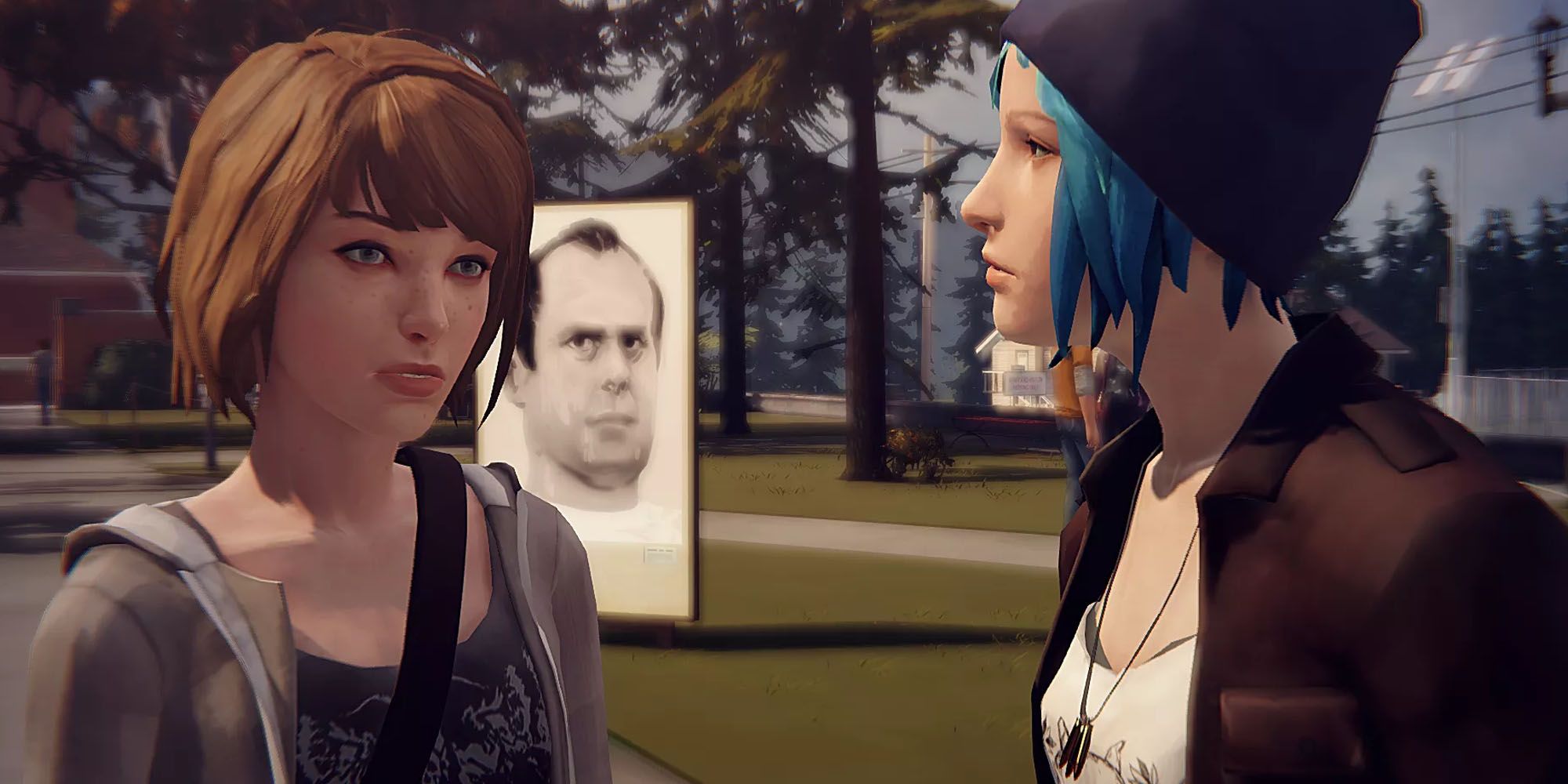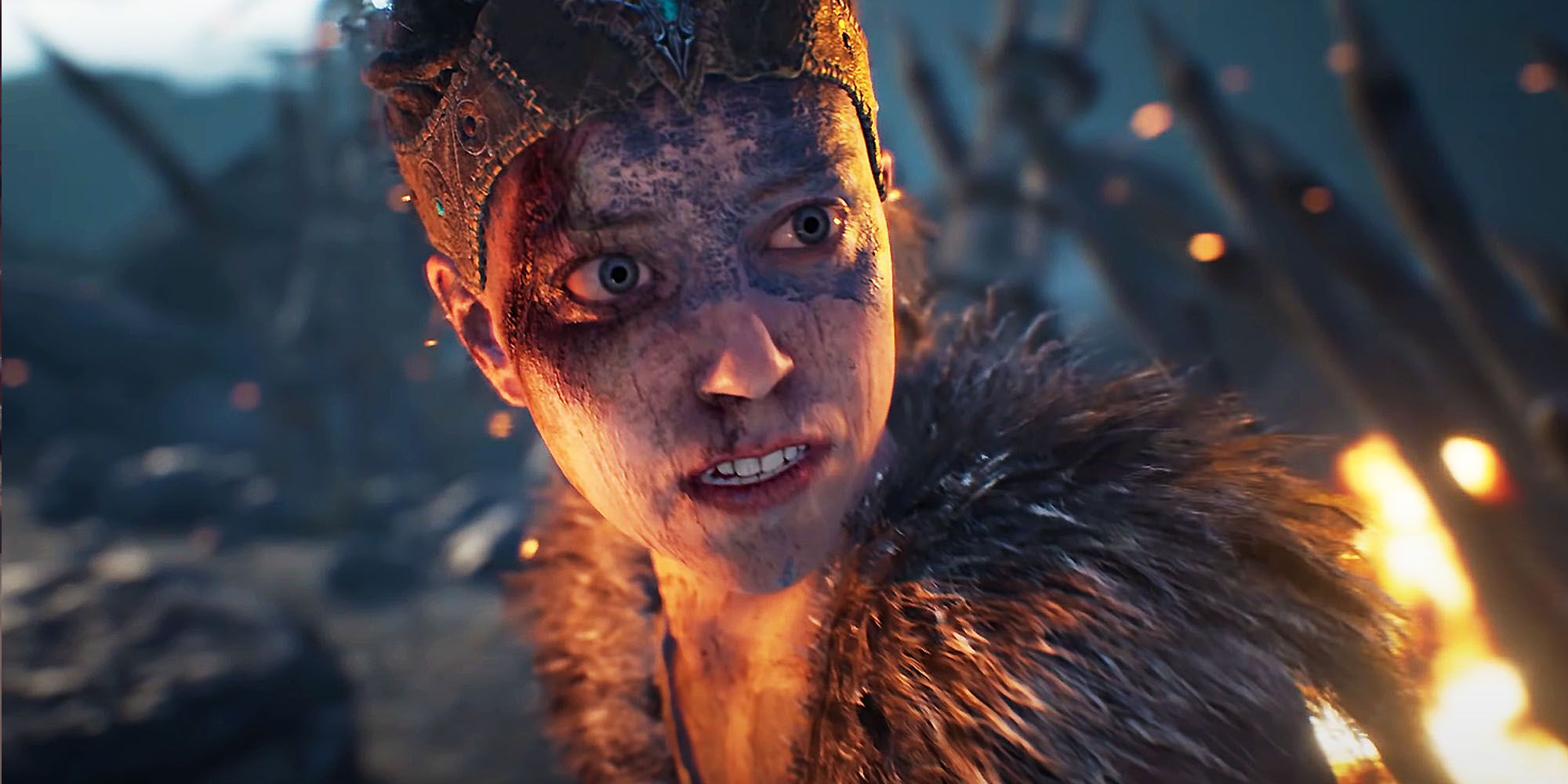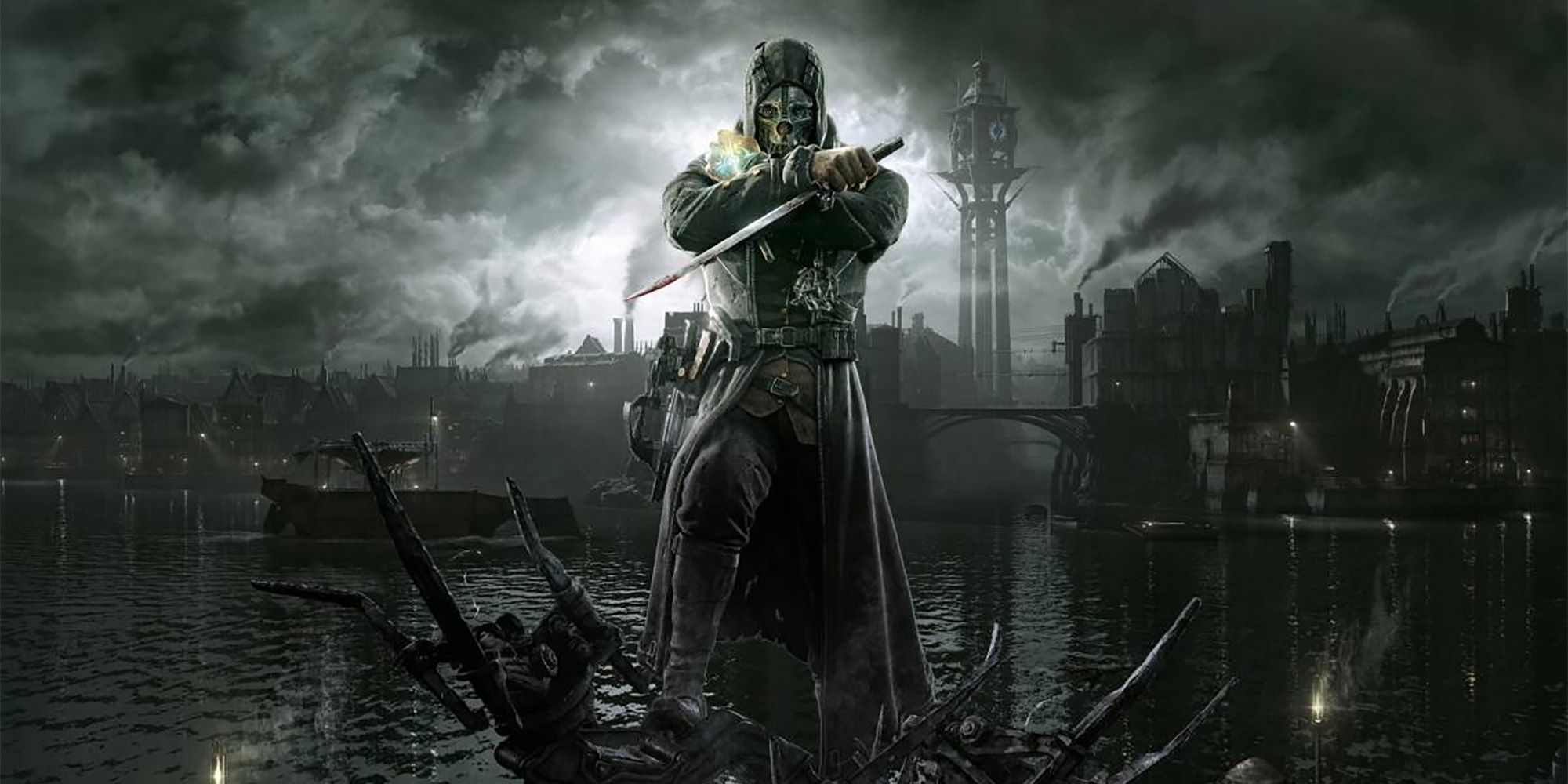
From action and adventure to sports and roleplaying, there are game genres to suit pretty much any craving a gamer might have. There's one aspect of games, regardless of genre, that continues to mesmerize players: the story. Stories draw the audience in, mesmerize and tantalize them, all while investing them in the characters, plot, setting and outcome. Because many stories have multiple paths that can be taken to reach one of many endings, story-driven games keep pulling players back in as they wait for sequels, all while attempting to achieve the best-case scenario to propel them forward into the next game.
For the most part, gaming is a solitary experience. Even when teaming up in co-op games or exploring MMORPGs, the player is responsible for their own character in ways that become incredibly personal, especially when there is a story to follow. While immersing in games that follow a narrative path, especially solo games, the story stimulates the mind in unforgettable ways that emulate the social experience as the player interacts with the world and the other characters in the game.

The player becomes invested in not just discovering more about these imaginary people, but in preserving their lives as the plot unfolds and they recognize the potential danger that threatens their new friends if they don't take action. Take the original Mass Effect trilogy, for example. As Commander Shepard uncovers the Reaper threat with their squadmates, they are also presented with plot points that endear them to those squadmates in ways that make the player want to keep them safe. The second game, for example, provided each individual squadmate with a personal mission that needed to be completed in order to increase the odds of their survival during the final suicide mission.
Story-driven games also provoke players to react and respond quickly to the challenges they face, a skill that carries over into the real world when obstacles present themselves. The logical thought process necessary to navigate difficult situations can be overwhelming and intimidating in real-world scenarios, but a mind primed by drawing similar conclusions and solutions in an imaginary setting will think more quickly when facing reality and the challenges it presents.
Regardless of a game's setting or time period, the story aspect has the ability to touch on real-world issues that are incredibly identifiable. Just look at Hellblade: Senua's Sacrifice. Suffering from what she believes to be a curse that causes her to hear voices and experiences hallucinations, Senua braves the path to Helheim in search of her dead lover's soul so she can retrieve it from the goddess Hela. Senua's emotional and mental trauma, coupled with her immense grief is familiar, despite the game's fantastical setting, and going through the process with her to triumph over her own personal darkness resonates in unforgettable ways.

Immersive games with powerful stories provide gamers with a sense of purpose, provoking them to take the reins and steer the story in the direction they desire. In some cases, the narrative may prompt moral choices that can shape their own personal morality beyond the game. The debate about video game violence influencing moral development has been ongoing for decades, but what is often missing from the debate are the story choices that can shape a player's moral standpoint.
Games like BioWare's Mass Effect and Dragon Age may be groundbreakers when it comes to the morality system, but Bethesda has also been known to integrate moral choices into games like Fallout and Skyrim. In some games, morality has a more profound effect than it does in others. Take the Dishonored games, for example. The state of Dunwall in the first Dishonored game is reliant on Corvo's actions and choices as he carries out his assassinations. The more havoc he wreaks and people he mercilessly slaughters, the more rats he draws to spread disease and chaos in Dunwall.
While not all gamers want to become heroes, that does tend to be a motivating factor for many. To be given the opportunity to make a difference, to rise above the challenges and actually do something in a situation that feels helpless is yet another real-life obstacle a lot of players face. Having the chance to make a difference, even if it's imaginary, is rewarding in ways that continue to draw players back to the story aspect of video games time and again.
0 Comments